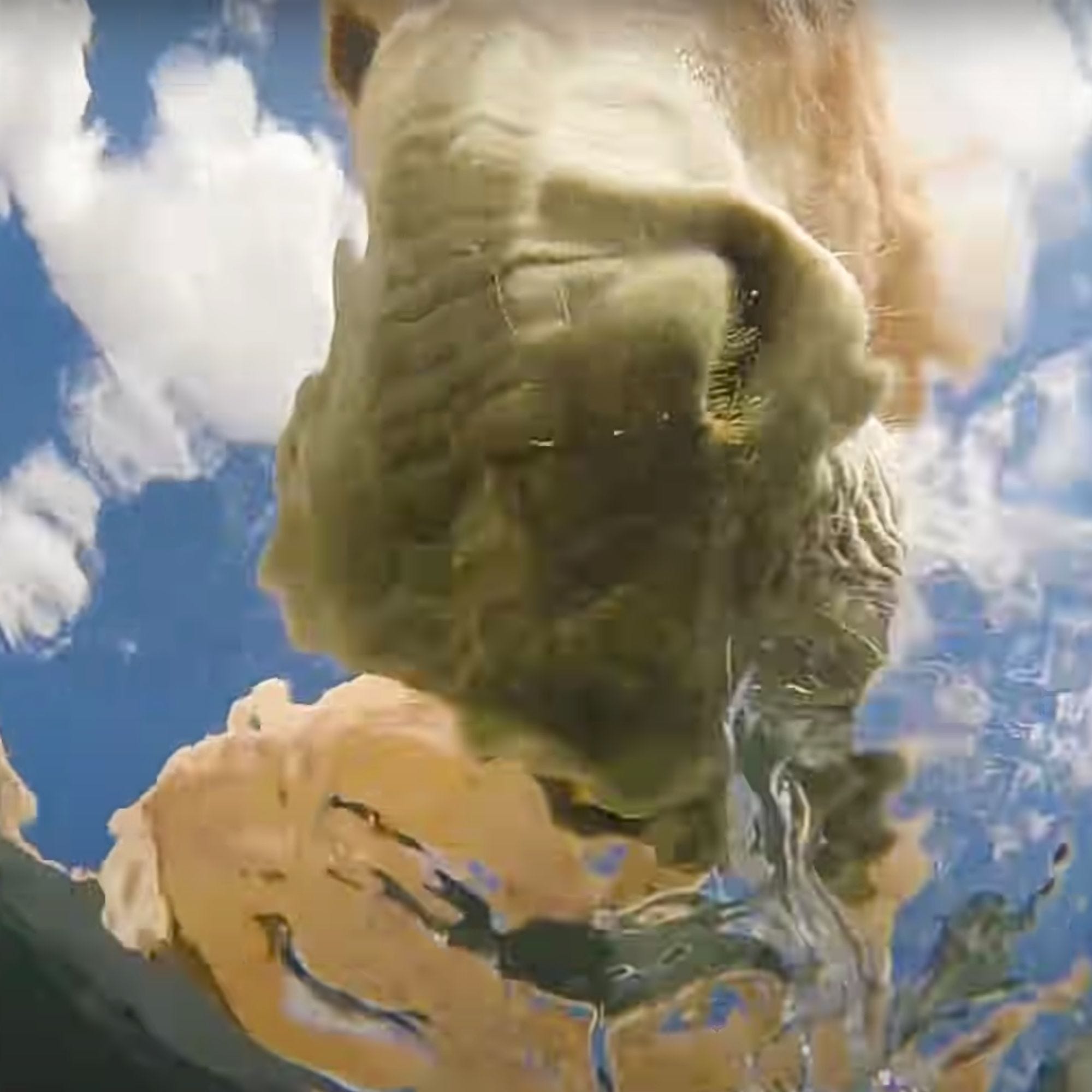We use cookies to make your experience better. To comply with the new e-Privacy directive, we need to ask for your consent to set the cookies. Learn more
Travellling & Competing with Horses; What You Need to Know About Water Consumption
While we all know that diet and nutrition play a huge part in the cause & treatment of equine ulcers - did you know that water plays a big role too?
In a study conducted on 201 horses in Denmark, it was found that horses are 2.5 times more likely to develop ulcers (in all part of the stomach) if they have intermittent access to water.
This is probably another reason why travel & overnight stays can cause ulcers in less than 24 hours.
For those of us with fussy drinkers - it’s stressful enough worrying about dehydration without throwing in another cause for concern.
So if you’re planning any travel or overnight trips- it certainly pays to get on the front foot with some ways to increase water consumption AND a stash of preventative treatments.

Here’s a few ideas to help increase your horse’s water consumption
- If you're heading away, take water from home. This will help entice horses who are put off by the unfamiliar taste of water in new places.
- Add a few drops of peppermint oil, ACV, molasses or apple juice to their water. It’s suggested to do this at home first, so the horse can get accustomed to the new taste in the familiar environment.
- Administer electrolyte paste. Pastes are superior to powdered electrolytes because the salty taste in feed can sometimes turn them off their feed and limit consumption.
HINT: If you don’t have any electrolyte paste, you can make your own by mixing electrolyte powder (or even salt if you don't have any elecrolytes) with enough water or apple juice to make it into a runny paste. Then pull the plunger out of an old syringe, wash thoroughly, spoon the mixture into the open end, replace and administer over the horse’s tongue…
DOUBLE HINT: Wash & keep a few syringes from your next Abler order so you’ve got them ready when you need them
Preventing equine ulcers caused by dehydration
When it comes to preventative treatments- omeprazole is the superior choice.
In another study (yasss geeks! ), conducted by researchers from the University of Illinois in 2021, it was found that omeprazole was the superior choice for mitigating gastric lesions in fasted horses.
Omeprazole works by suppressing acid production in the horses stomach and it’s available easily and inexpensively from our website - with no script required
Check out AbPrazole or for the added benefit of probiotics, look at AbPrazole Plus - which are both available in easy to feed granules or paste tubes.








Validate your login